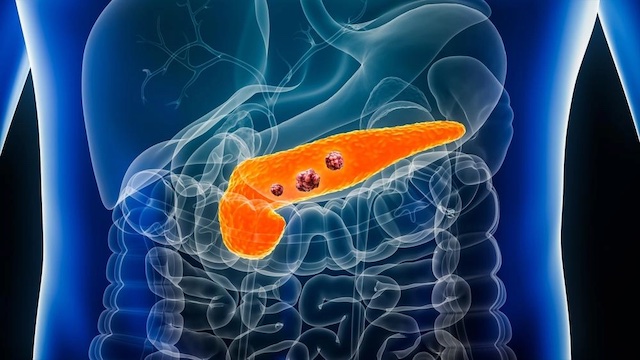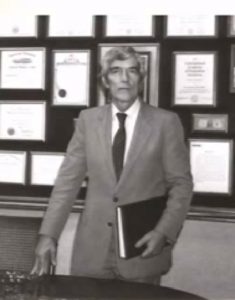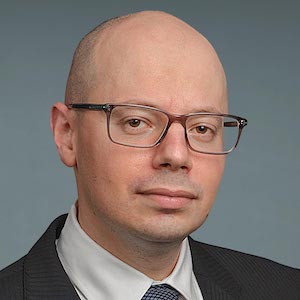Why shouldn’t Doctors lie when the entire cancer industry is one gigantic fabrication from start to finish?
 It happens more often than you can imagine, but more doctors are finally getting caught in the act of misrepresenting their oath and fraudulently diagnosing healthy patients with cancer to turn a quick buck from kickbacks on chemotherapy poisons.
It happens more often than you can imagine, but more doctors are finally getting caught in the act of misrepresenting their oath and fraudulently diagnosing healthy patients with cancer to turn a quick buck from kickbacks on chemotherapy poisons.
Is it any wonder that cancer societies worldwide put a far greater financial initiative on chemotherapy and radiation research than disease prevention techniques? Preventing disease doesn’t make money, but treating disease certainly does.
Take Dr. Farid Fata, a prominent cancer doctor in Michigan who admitted in court one year ago to intentionally and wrongfully diagnosing healthy people with cancer. Fata also admitted to giving them chemotherapy drugs for the purpose of making a profit.
Were his patients shocked? You bet they were. Who would ever suspect a Doctor of faking a diagnosis to collect money. It’s unconscionable. Yet it happens with cancer and almost every disease that medical doctors can generate income through kickbacks and commissions based on the volume of patients treated with specific pharmaceuticals. Like anything people are used as a comodity. Continue reading




 Can you be too old to get a colonoscopy?
Can you be too old to get a colonoscopy?
 The mRNA used in the COVID-19 vaccines has been modified from its naturally occurring form to prevent degradation by the immune system when injected. In a review published on April 5, researchers argue that modification – specifically, N1-methyl-pseudouridine modification – to mRNA causes immune suppression that may contribute to cancer development.
The mRNA used in the COVID-19 vaccines has been modified from its naturally occurring form to prevent degradation by the immune system when injected. In a review published on April 5, researchers argue that modification – specifically, N1-methyl-pseudouridine modification – to mRNA causes immune suppression that may contribute to cancer development.


 Proton pump inhibitors (PPIs), a popular class of heartburn drugs, are linked to stomach cancer, a recent review found.
Proton pump inhibitors (PPIs), a popular class of heartburn drugs, are linked to stomach cancer, a recent review found. A new study shows that a common oral bacterium linked to a virulent form of colorectal cancer could be driving tumor growth.
A new study shows that a common oral bacterium linked to a virulent form of colorectal cancer could be driving tumor growth.
 A breakthrough discovery links stress hormones with a fourfold surge in the spread of cancer, shedding light on why patients under severe stress often have
A breakthrough discovery links stress hormones with a fourfold surge in the spread of cancer, shedding light on why patients under severe stress often have 